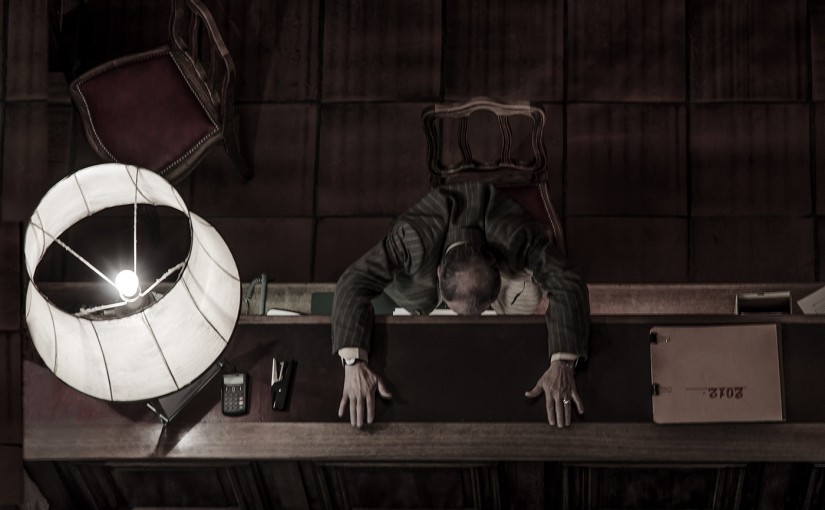Is emotion the gateway to reason or is it an obstacle to understanding?
I had always believed in the power of the intellect, that an educated intelligence should be sufficient to decode the clues and understand the opportunities and conflicts we all face. Now I’m not so sure. In fact, I’m pretty sure the opposite is true; it is only through emotional engagement that we can truly understand anything at all. How we respond to art offers a window.
Angle of Reflection contains a scene in a museum where Ben and Emma are discussing a Picasso exhibit. Ben is able to admire the technique and appreciate the results from an intellectual distance but maintains that Picasso never moves him. (Let’s assume he’s never seen Guernica.) Emma tells him it may yet happen and to beware of sealing his emotions in today’s opinion.
Later he reflects on a painting that moved him more than most: Vermeer’s, A Maid Asleep. “I couldn’t turn away. I was immediately and profoundly drawn into that world, I could walk into that woman’s dreams and imagine stories that explained all the elements Vermeer chose to include.” We can’t know whether the artist had the same stories in mind but it doesn’t matter, what is significant is that the emotional reaction to the image made the content knowable.
Here’s where we get back to the question of antidepressant medication: it is my contention that one of the severe effects of many years on SSRIs was a stifling of emotion, which led to a failure to understand what was happening to me. I couldn’t get to it because I couldn’t feel it.
I’m not the first to report this. “SSRIs also cause a multitude of troubling side effects. These include sexual dysfunction, suppression of REM sleep, muscle tics, fatigue, emotional blunting, and apathy. In addition, investigators have reported that long-term use is associated with memory impairment, problem-solving difficulties, loss of creativity, and learning deficiencies.” Robert Whitaker: Anatomy of an Epidemic, Broadway Books, Random House, 2010.
I’m beginning to feel that I’m nearing the finish line for Angle. Could be wrong, of course, I’ve thought this before, then I sent it to my editor. I began to wonder how you know when you’re done with a novel. There is no requirement for length, no facts that have to be explained, no rules to follow. Thinking won’t get you there. I suppose you can say that it’s finished when someone decides to publish it, but Fitzgerald was still trying to rewrite Gatsby as it was on the press. I asked a friend who is a wonderful painter how she knew when a painting was finished. She said: “I don’t know, I just feel it.”
Feels right to me.
©2015 Ron Scherl

